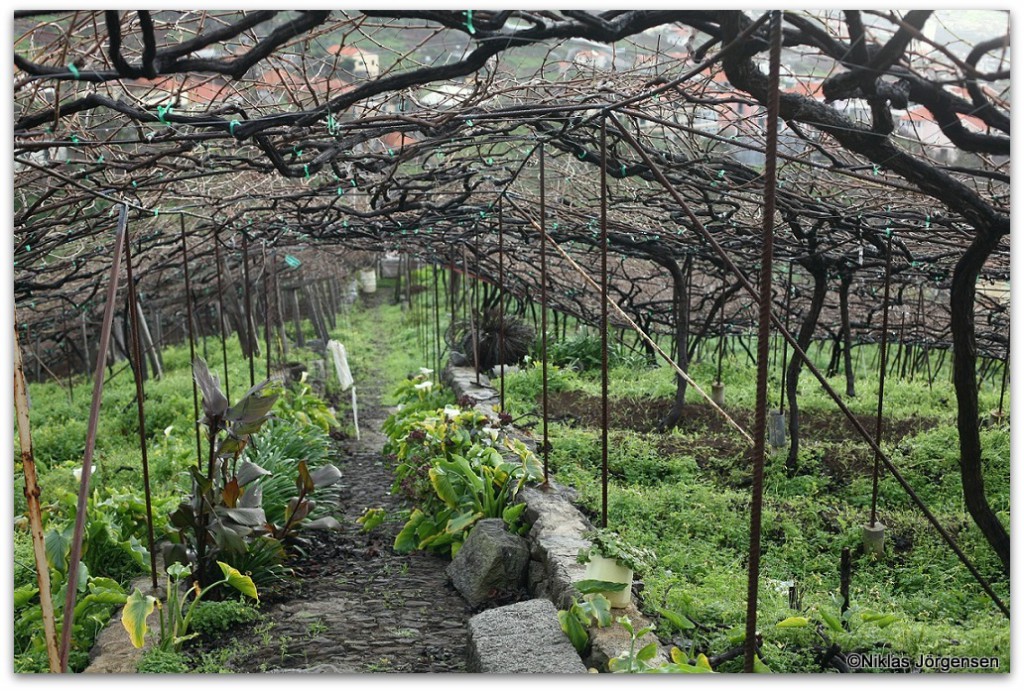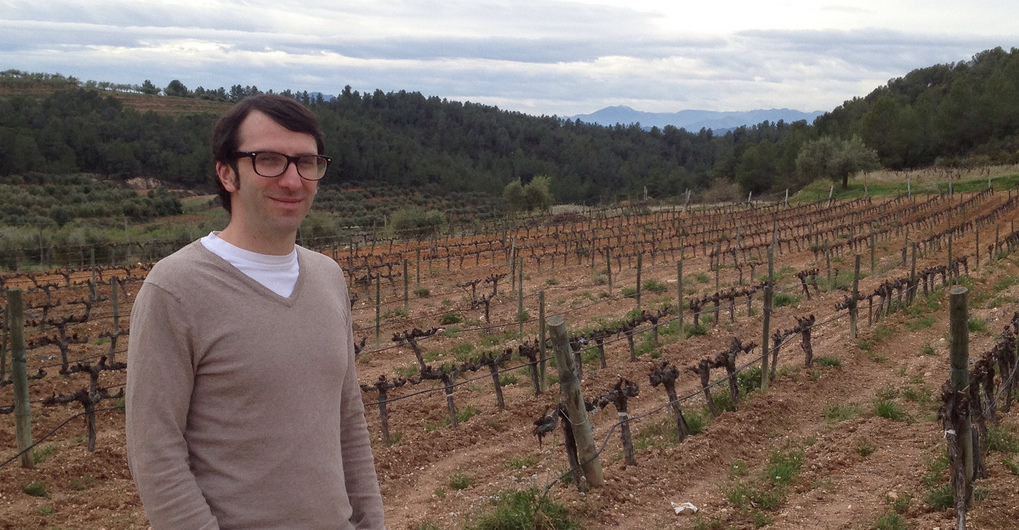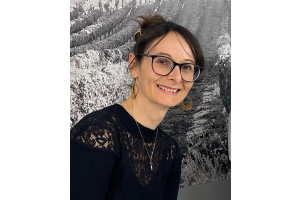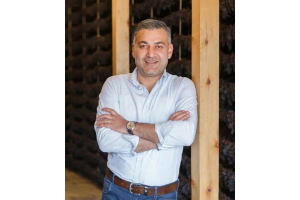
There are plenty of single-subject wine blogs, but one that really caught my eye is Mad About Madeira. It would be a lot easier to do Mad About Cabernet, but I admire someone who champions something so specific and unique. So I had to get a hold of the blog's creator, Niklas Jörgensen, to find out, "Why Madeira?"
What is it about Madeira, the wine, that inspired you to start a blog solely dedicated to it?
I could settle with one word here. Passion. I am mad about Madeira wine. No other wine can make time stand still for me. The ethereal bouquet, the complexity of nuances, the marked acidity, the surprise that a fortified can be perceived as light as a feather on the palate. Madeira wine constantly challenges and surprises my senses. But that wouldn't be the whole truth. Of course I want to contribute to the re-birth of what once was considered the greatest wine of them all. To enlighten about Madeira wine of today. It's easy to associate Madeira with century old wines, history and tradition but then we forget about the fact that Madeira has never been at a higher quality level than it is today. I want to be a part of that; the consumers re-discovering of Madeira. Madeira deserves it, needs it as well, and I strongly believe that wine writing should be driven by curiosity, passion and a will to highlight the diversity of the world of wine. Besides, isn't there plenty enough written about Bordeaux already?
People think of Madeira as a dessert wine. Can you talk about its diversity?
All fortified wines struggles against this, the prejudice of the consumer. I can't blame them because most of the wines a vast majority of the consumers gets in contact with, is the younger wines which tends to also be of the sweeter kind. But when you start tasting Madeira wines, comparing age, grape varieties, methods and producers, you quite quickly realizes what a complex wine it actually is. The Madeira wine producers all have their unique expressions which surprises many believing that a fortified can't offer that kind of diversity. Then you will experience what difference there is between a Frasqueira, a Vintage Madeira that is, to a Colheita, a younger vintage wine. The concentration can be such a wow feeling the first time. Then you have the elegance of the blends whether they are 10, 15 or 20 years old. Or 3 or 5 years old for that matter. Each grape also has its character and for a person that are used to sweet young Madeira, a dry Sercial with marked acidity can be somewhat of a shock. A good shock. And although Madeira basically is all about oxidization it will surprise many how much you can influence this by the location of the warehouses. For example a warehouse at a higher altitude will reduce the angels share, the evaporation that is, considerably. The diversity also becomes an aha experience when pairing it with food. A younger Sercial with sushi, a 10 Years Old Verdelho with butterfried chanterelles or porcini, a Bual with a salty Gruyere or a Malvasia with different kinds of chocolate desserts, fresh berries or a Stilton.
I was surprised to read that Madeira produces dry table wines made from Verdelho. Do you think wines like this could attract more people to discover Madeira?
I believe any region with the ambition of developing wine tourism needs the variety of wine styles. Madeira wine especially since today's preferences doesn't make it a preferred pairing through a whole course. The table wines of Madeira is a niche product. The without doubt best examples are made out of Verdelho and some of them are really good. The problem is that Verdelho is highly sought after for the Madeira wine which puts the table wines in perhaps not a rivaling situation but at least in a difficult position. It's easier to sell a fortified Verdelho without having to market it too heavily but a table wine will face its critiques. Also the red wines, primarily Tinta Roriz, Touriga Nacional but also classic French varieties such as Cabernet Sauvignon, Merlot and Syrah, are surprisingly good but in general there is a trend to oak them a bit too heavily. However, I'm quite sure we will see more table wines of superior quality in a not too distant future. Visitors wants to eat and drink local specialties and Madeira should take advanage of this, as a complement to the fortified industry.
How many times have you visited Madeira? What makes it special as a wine destination?
I've probably lost the count by now, although guessing it must be around 10 times that I've visited Madeira. Some trips have been short and intense with full attention to wine, others have been longer stays bringing my family. There's something for everyone to do. My oldest daughter, six years old, loves Madeira and talks a lot about it. She's been four times already. What I want to say is that Madeira is a perfect wine destination thanks to the variety of excursions, next to the wine related ones. Furthermore, there are not that many producers left making it tangible. Several of them are located in Funchal as well, within walking distance.
But what makes Madeira so special for a wine tourist to visit and experience, is the uniqueness of production methods, the vineyard landscape and how the wine dominates the identity of the island. Few wines are so strictly regulated as Madeira and you need to visit to get an understanding of this and also learn about the unselfishness that comes with being a Madeira producer. The will and need to wait for decades before a wine might be released for sale. Last of all, the friendliness of the Madeirense needs to be mentioned.
Jameson Fink has a decade of wine industry and blogging experience. Saveur Magazine nominated his site, jamesonfink.com, for a 2013 Best Food Blog Award in the Wine/Beer Category. He is a tireless advocate for year-round rosé consumption and enjoys a glass of Champagne alongside a bowl of popcorn.










